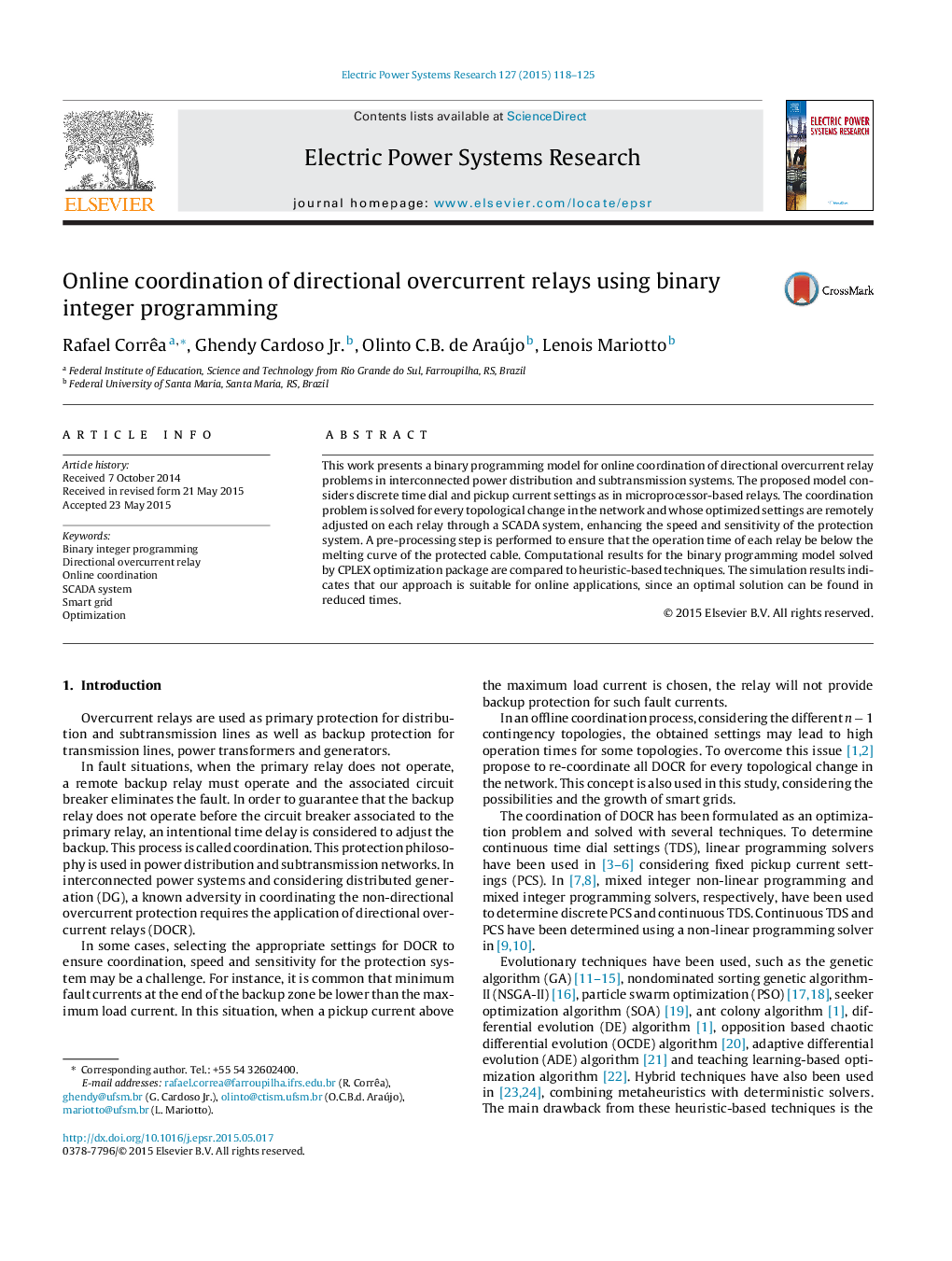| Article ID | Journal | Published Year | Pages | File Type |
|---|---|---|---|---|
| 7324656 | Journal of Experimental Social Psychology | 2015 | 8 Pages |
Abstract
Dramatic increases in the issuance of political apologies over the last two decades mean that we now live in the “age of apology”. But what does this surge in frequency mean for the effectiveness of intergroup apologies in promoting forgiveness? In the current research we propose a paradoxical “normative dilution” effect whereby behavioral norms increase the perceived appropriateness of an action while at the same time reducing its symbolic value. We experimentally manipulated the salience of the age-of-apology norm prior to assessing participant (NÂ =Â 128) reactions to past unjust treatment of ingroup POWs by the Japanese during WWII. The apologetic norm increased victim group members' desire for an apology in response to the harm. However, after reading the actual apology, the invocation of the norm decreased perceived apology sincerity and subsequent willingness to forgive. Thus, although apologetic trends may suggest greater contemporary interest in seeking reconciliation and harmony, their inflationary use risks devaluing apologies and undermining their effectiveness.
Related Topics
Life Sciences
Neuroscience
Behavioral Neuroscience
Authors
Tyler G. Okimoto, Michael Wenzel, Matthew J. Hornsey,
